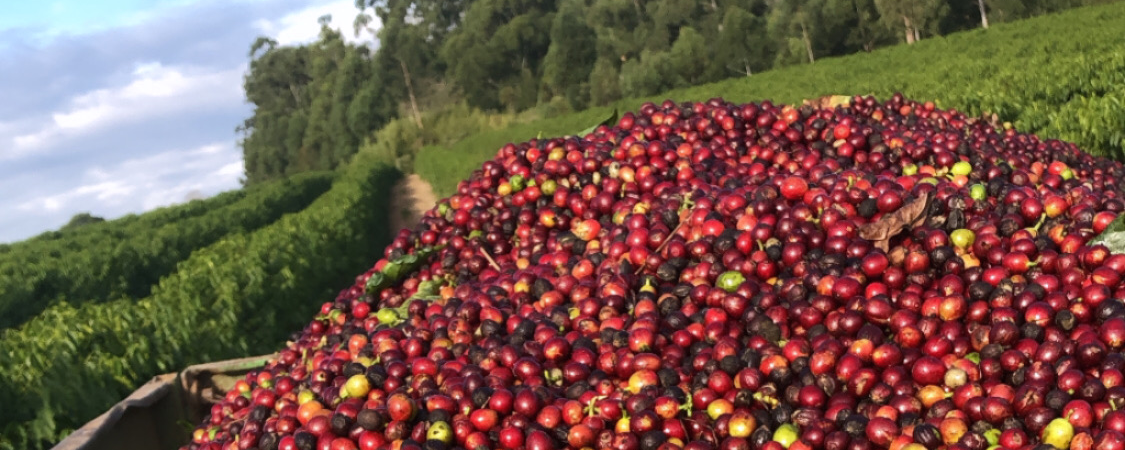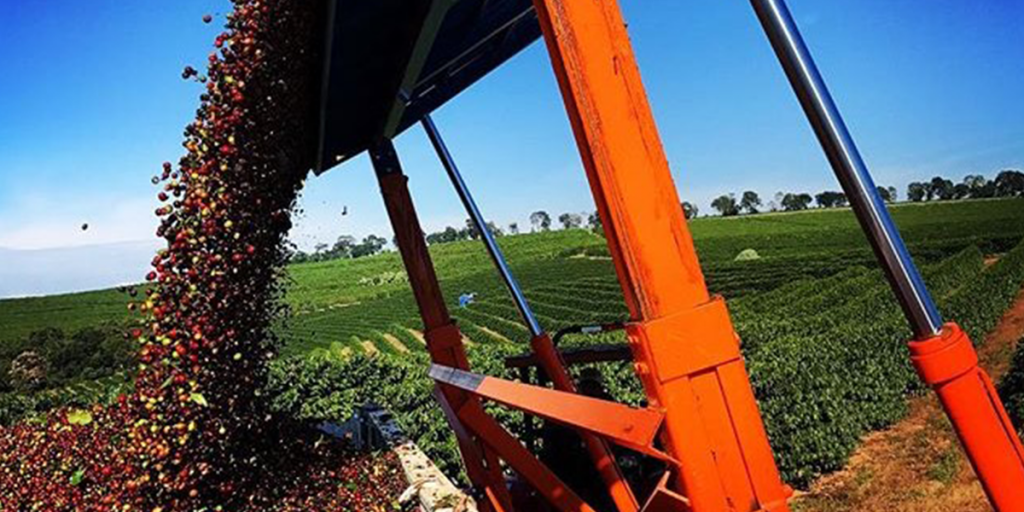The Agronomic Institute of Campinas (IAC) is considered the most respected research and development agro-agency in the country. Its main objectives are to conduct research on coffee plants and develop technology for coffee cultivation.
Founded in 1887, the IAC has developed, throughout all these years, several coffee cultivars and coffee lineages, in addition to registering their characteristics and behavior in the most diverse regions of Brazil. Some of these cultivars have great prominence, both in the national and international scenario, especially in Central America.
Besides producing cultivars, the Center also registers them with the Ministry of Agriculture, Livestock and Supply – MAPA (National Register of Cultivars – RNC), a regulatory body that aims to keep records of the characteristics of registered cultivars, and to approve the production, processing and seed marketing.

The cultivars developed by the IAC and registered with MAPA are: Red Bourbon, Yellow Bourbon, Mundo Novo, Acaiá, Red Icatu, Yellow Icatu, Icatu Precoce, Red Caturra, Yellow Caturra, Red Catuaí, Yellow Catuaí, Obatã, Tupi, IAC 125 RN , IAC Ouro Verde, IAC Obatã 4739 (Yellow), Ibairi IAC 4761, Laurina IAC 870 and Apoatã IAC 2258.
The main cultivars developed by the Institute are Mundo Novo and Catuaí, but other cultivars have also had good results in Brazil, these are the Obatã, Tupi, and Bourbon varieties. One of the most recent cultivars registered with the MAPA is the “IAC 125 RN”, which has a high resistance to leaf rust and nematodes.
Besides providing farmers with more reliability in their planting, registering the cultivars with the MAPA also guarantees the preservation of the cultivar characteristics over the generations.



